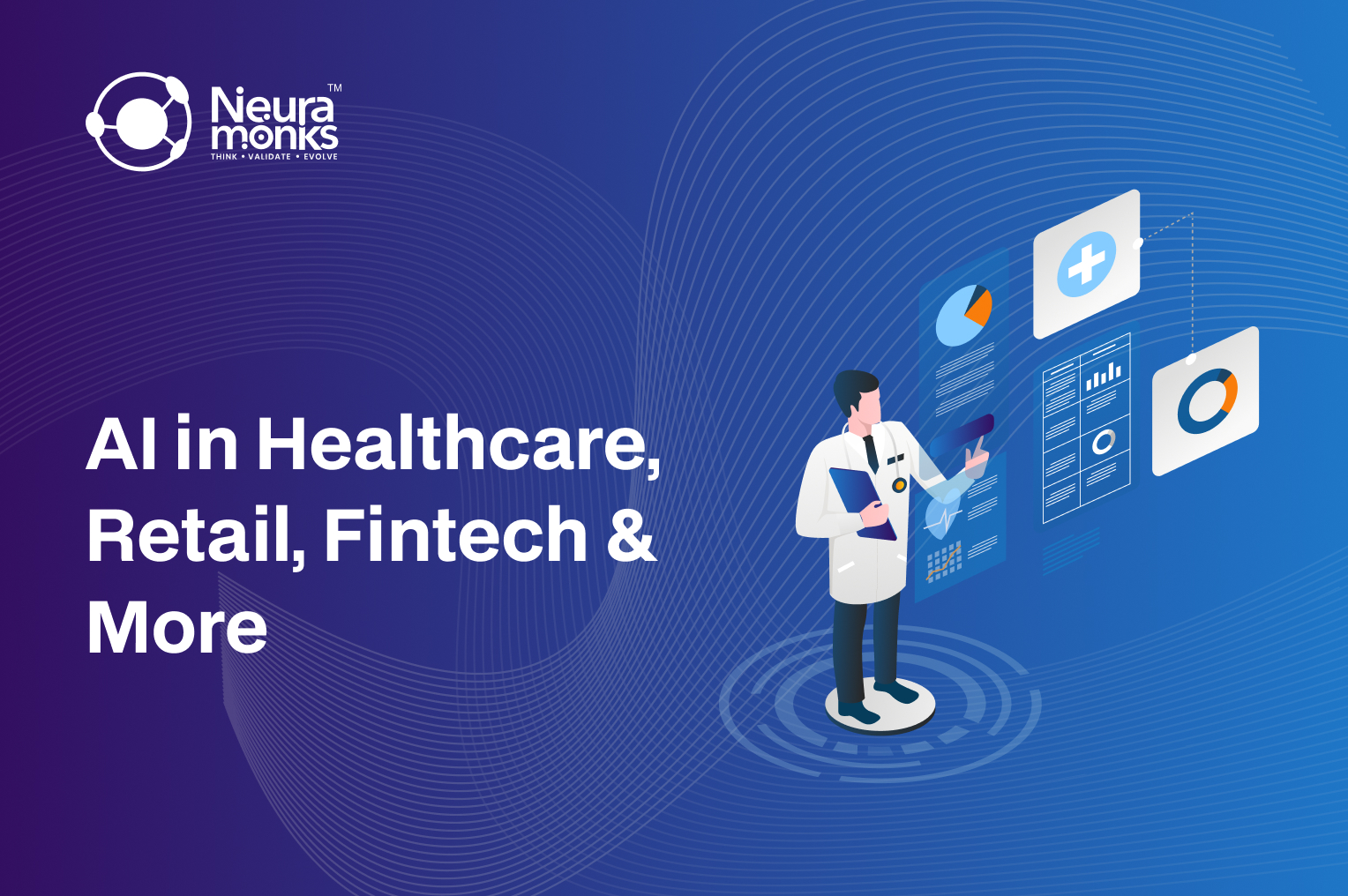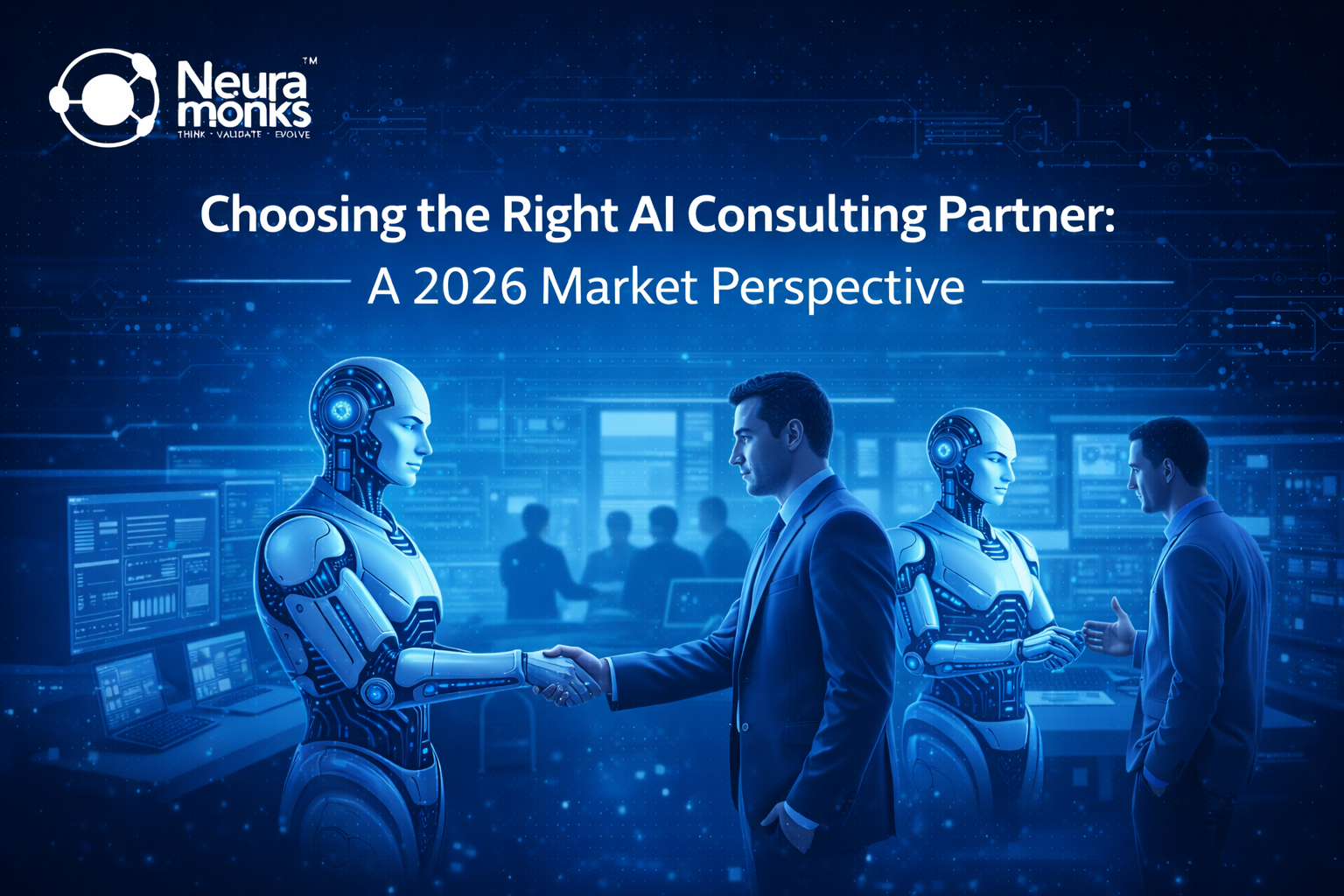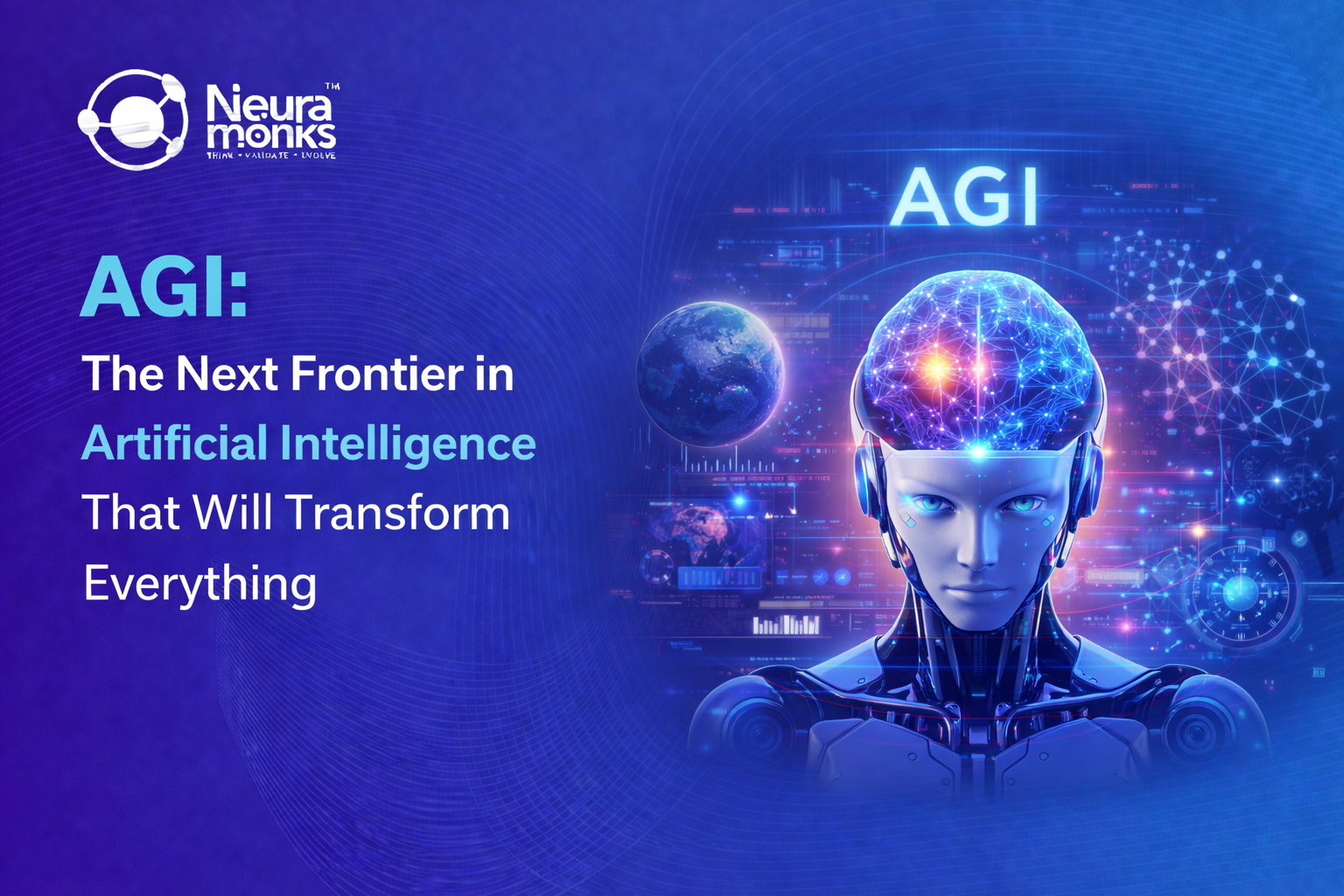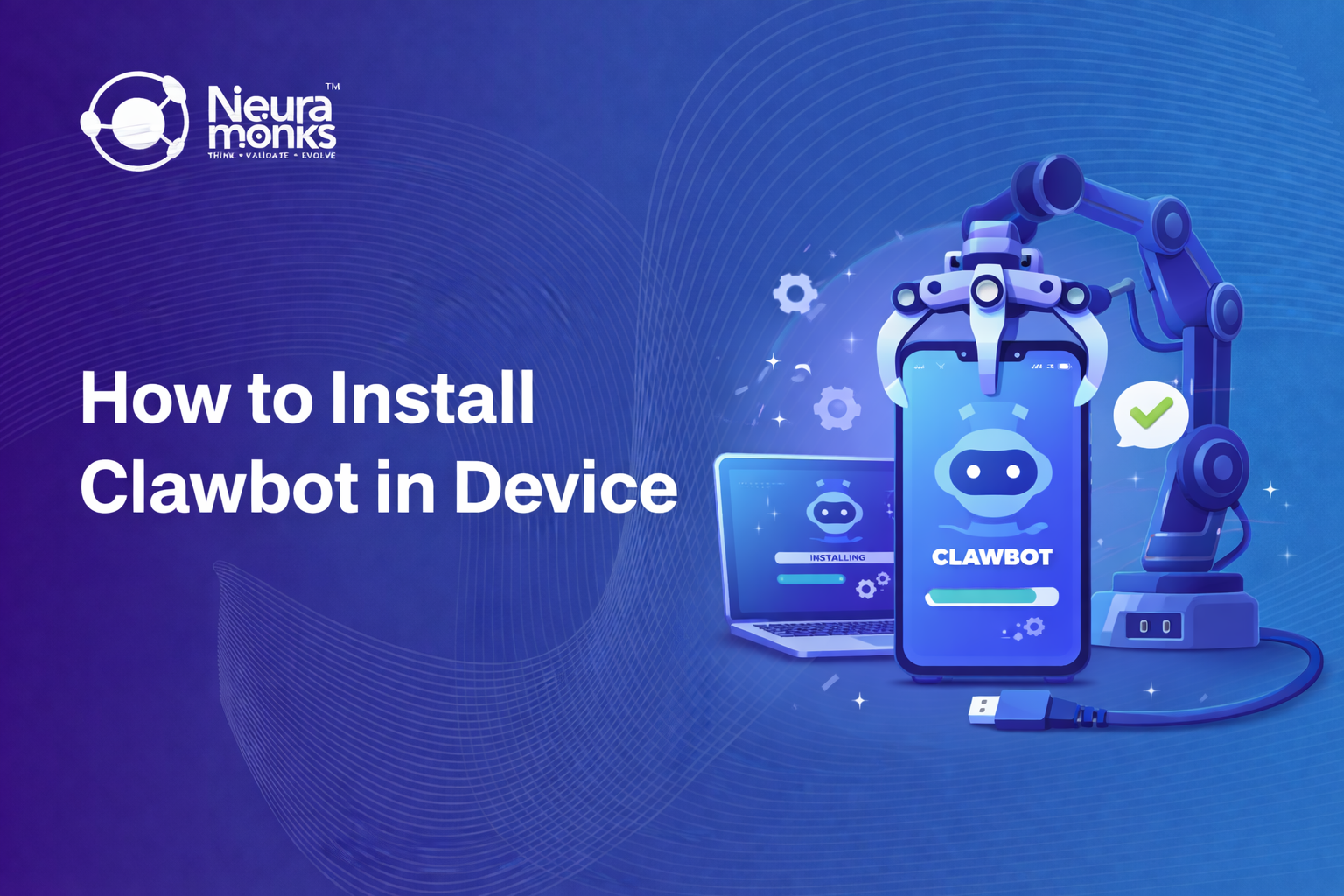TABLE OF CONTENT
It fuels innovation in retail, e-commerce, healthcare, renovation, and the construction industry - by enhancing—not replacing—human capabilities through enterprise AI use cases.
AI enables faster and smarter problem-solving. It helps businesses meet rising demands with fewer resources. This scenario displays how AI improves business efficiency.
AI can transform vast data into actionable insights, power business automation with AI, and automate routine tasks. From anticipating customer needs to delivering intelligent AI for customer service solutions - it streamlines operations end-to-end.
In due course, AI empowers organizations to be data-driven and customer-focused. Let us explore different business problems solved by AI and how AI improves efficiency levels!
Industry-Specific AI Use Cases!
AI is not a - one-size-fits-all solution. It adapts to - specific workflows and customer expectations. By tailoring its capabilities to sector-specific needs - AI delivers measurable impact. These industry-specific business problems are solved by AI with precision and scalability.
Healthcare Industry
Healthcare systems are burdened by - diagnostic delays and resource constraints. AI steps in to - streamline clinical and operational processes.
- Advances in cancer research, wound detection, and medical image diagnosis to research and enhance healthcare experiences.
- AI-steered diagnostics can better analyze - medical images and patient information to - detect conditions early.
- AI algorithms prioritize cases based on - urgency and symptoms.
- Treatment planning tools recommend personalized care paths based on historical outcomes.
- Improve coordination between - medical teams, patients, healthcare staff, and other related stakeholders.
- Leverage historical medical data and real-time sensor inputs to advance model patient-driven risk trajectories.
- Steer patient management software solutions use predictive analytics to design highly personalized and adaptive treatment plans.
These are life-critical business problems solved by AI, improving patient outcomes and system efficiency.
Retail Industry
Retailers face - intense competition and quick shifts in consumer behavior. AI helps them stay - agile and customer-centric.
- Personalized marketing engines tailor promotions based on - browsing and purchase history.
- Inventory forecasting models predict demand spikes and optimize stock levels.
- Customer sentiment analysis guides - product development and service enhancements.
- Predict future product requirements leveraging - historical data, seasonal trends, and external influences.
- Virtual try-on technology functionalities and features are transforming - how consumers shop online.
- Innovative digital pricing strategies and product discounting tactics to - increase sales opportunities.
These are all customer-facing business problems solved by AI - driving loyalty and profitability.
E-Commerce Industry Domains!
In the world of online shopping - user experience is everything. High conversion rates depend on - personalized interactions that keep - customers engaged. AI enhances every touchpoint of the digital journey.
- Recommendation engines boost - cross-selling and upselling by analyzing user preferences.
- Dynamic pricing algorithms better adjust prices based on - demand, competition, and user behavior.
- Fraud detection tools monitor transactions for - anomalies and secure payment gateways.
- Personalized shopping systems customize - product suggestions and improve customer contentment.
- Voice search integration enables a - frictionless and hands-free experience for digital shopping.
- Advanced image recognition can enable - related stakeholders and online users. They can upload images and swiftly discover - visually similar products.
These digital-first business problems are solved by AI, increasing revenue, ROI, and trust at every level.
Stop Planning AI.
Start Profiting From It.
Every day without intelligent automation costs you revenue, market share, and momentum. Get a custom AI roadmap with clear value projections and measurable returns for your business.
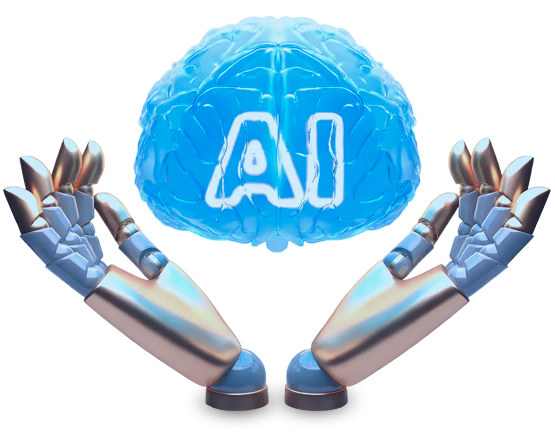
Construction and Renovation Industry
Construction projects often suffer from - delays, budget overruns, and safety risks. AI introduces - predictive and real-time intelligence to the field.
- Project scheduling algorithms optimize timelines based on resource availability and weather forecasts.
- AI-driven design tools generate efficient layouts and simulate structural integrity.
- Safety tracking solutions leverage computer vision to spot hazards and ensure compliance.
- Automated floor plan digitization turns - physical floor plans into editable online formats.
- With AI-enhanced 3D models - you can virtually discover your project prior to - actual construction, enabling clearer design decisions.
These operational business problems are solved by AI, making construction smarter and safer.
Fintech Industry
The fintech sector operates at the intersection of - finance and technology. Here speed, accuracy, and trust are paramount. As digital transactions surge - AI has become a cornerstone of risk management.
AI solutions enable fintech companies to deliver smarter financial services. They enhance customer experience, and maintain compliance - all while scaling rapidly.
- AI and deep learning models evaluate creditworthiness using - alternative data sources. This scenario improves access to financial services.
- AI-powered chatbots and virtual assistants automatically handle financial queries. They guide users through - smart onboarding and resolve challenges instantly.
- Robo-advisors use AI to personalize investment strategies. These strategies are based on - user goals, risk appetite, and market trends.
- AI systems help in - analyzing market data and executing trades at optimal times. These automated trading activities assist in - enhancing financial portfolio performance.
Logistics Industry!
Logistics companies juggle - complex networks and fluctuating demand. AI transforms involved - operational activities into intelligent ecosystems.
- Route optimization solutions reduce - fuel costs and augment delivery speed.
- Real-time tracking systems enhance - visibility across the supply chain.
- Predictive maintenance minimizes - vehicle downtime and improves fleet reliability.
So, these vertical-specific business problems are solved by AI with precision and scalability.
Conclusion: What is Next for AI Adoption!
As AI continues to progress - its role in solving complex business challenges will only grow. Enterprises must invest in - strategic AI integration, ethical frameworks, and cross-functional collaboration.
The future fits into businesses that grip smart transformation. Here business problems solved by AI become opportunities for - innovation, agility, and growth.
AI will steer future impact and differentiate how businesses strive. It will transform the approaches people do business with an emphasis on - strategy, product, engineering, experience, and data. Organizations that want to grab the instant will require to advance with AI solutions to keep leap with competitors and endure to yield quantifiable value.
Facing a business, operational, or industry challenge? Neuramonks, has you covered—with streamlined AI development services, advanced deep learning solutions, and a clear, step-by-step AI process to guide you from start to finish.


